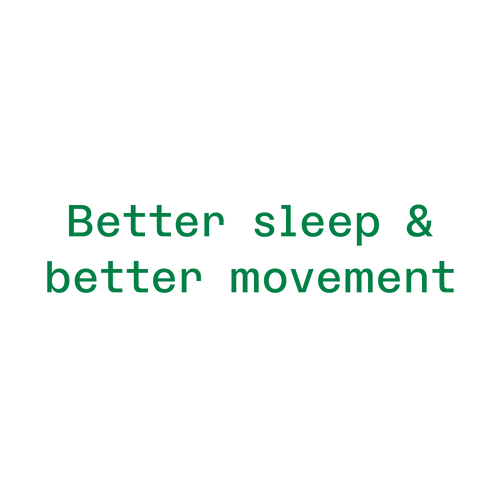We spend about a third of our lives sleeping. In fact, according to calculations, a person spends a total of between 25 and 27 years sleeping. This is regulated by the circadian rhythm (24 hours) and generally corresponds to 7 or 8 hours of this biological clock. Then, when we sleep, sleep is in turn divided into several cycles. Focus on the different sleep cycles.
Sleep: reminder and importance
Sleep is simply the opposite of waking. It is a state where the body remains inactive and relaxes, where one completely loses alertness and partially consciousness. This state of rest is accompanied by the slowing down of certain functions such as breathing and heart rate.
Sleep is one of the main basic needs of humans and remains essential to health. It participates in the following different functions:
- Physical recovery after a day of activity;
- Regeneration of brain cells to promote memory and improve learning;
- Regeneration of muscle tissue;
- Strengthening immune defenses;
- Prevention of the risks of different pathologies such as diabetes, obesity, cardiovascular diseases and even cancer.
Furthermore, after a good night's sleep, you are in a good mood when you wake up.
The various sleep cycles
It should be noted that between sleeping and waking up, the body does not remain 100% inactive. To illustrate this, there is falling asleep on your back and waking up the next day on your side. The sleeper was therefore not inert throughout the night, because he clearly moved.
In fact, sleep is divided into 4 to 6 successive cycles of approximately 90 minutes each. These cycles alternate brain inactivity with another period of intense or moderate brain activity. However, as this happens during sleep, the sleeper is not necessarily always aware of it.
Three main phases make up the sleep cycle.
Light slow-wave sleep
The first stage of sleep is the wake-sleep phase. It's when the person lies down on the bed, closes their eyes and lets themselves be gently drawn into the arms of Morpheus.
A few minutes later comes the second stage: the sleeper is in light slow-wave sleep. His breathing calms down and he sleeps. However, during this cycle, anything can wake him up. To sleep, it remains very important to put yourself in optimal conditions, namely silence and darkness.
Deep slow-wave sleep
The third stage occurs around twenty minutes after light sleep. This is deep slow-wave sleep. During this phase, the person sleeps practically soundly. In other words, it proves difficult to wake a person from deep sleep, because this is the stage when their brain seems least sensitive to stimuli. This sleep cycle corresponds to 20 or 25% of the total time dedicated to falling asleep, or approximately 1 hour 40 minutes. Deep sleep is notably the time when the body recovers from the day.
Paradoxical sleep
This stage corresponds to the time of intense dreams. It is a phase during which the brain becomes hyperactive as when the sleeper is awake. Moreover, this factor explains why it is called paradoxical sleep: it brings together a state of inactivity of the sleeper with strong brain activity. This phase usually occurs towards the end of the sleep cycle. Reason why a person can remember their dreams when waking up.
It is easy to know if a sleeper is in REM sleep:
- He has strong eye movements behind his closed eyelids,
- He may move in his sleep and sometimes, the person may even speak.
Sometimes, in men, as it is a stage which is roughly similar to awakening, we can notice an erection.
The sleep cycle is thus divided into two distinct parts. The first half includes deep, slow-wave sleep while the second half alternates between REM and light sleep.
How to optimize your sleep?
To enjoy restful sleep, it is important to complete the necessary sleep schedule, i.e. 7 to 8 hours per day. However, today, in many people, this physiological state is disrupted, which then impairs their quality of life.
So, to enjoy optimal sleep, here are some simple tips to integrate into your daily life:
- Establish fixed sleep times;
- Limit screens before sleeping;
- Avoid stimulants in the evening;
- Avoid practicing intense sporting activities in the evening;
- Promote the ambiance of the room;
- Do not eat too heavy or too light in the evening;
- Practice relaxing activities to prepare the body for rest;
In addition, according to different studies, it is possible to use CBD for sleep. This can be in the form of massage oil or even herbal tea. CBD acts on the sleep cycle and makes it easier to fall asleep, but also to sleep longer. It would notably promote deep slow-wave sleep.




